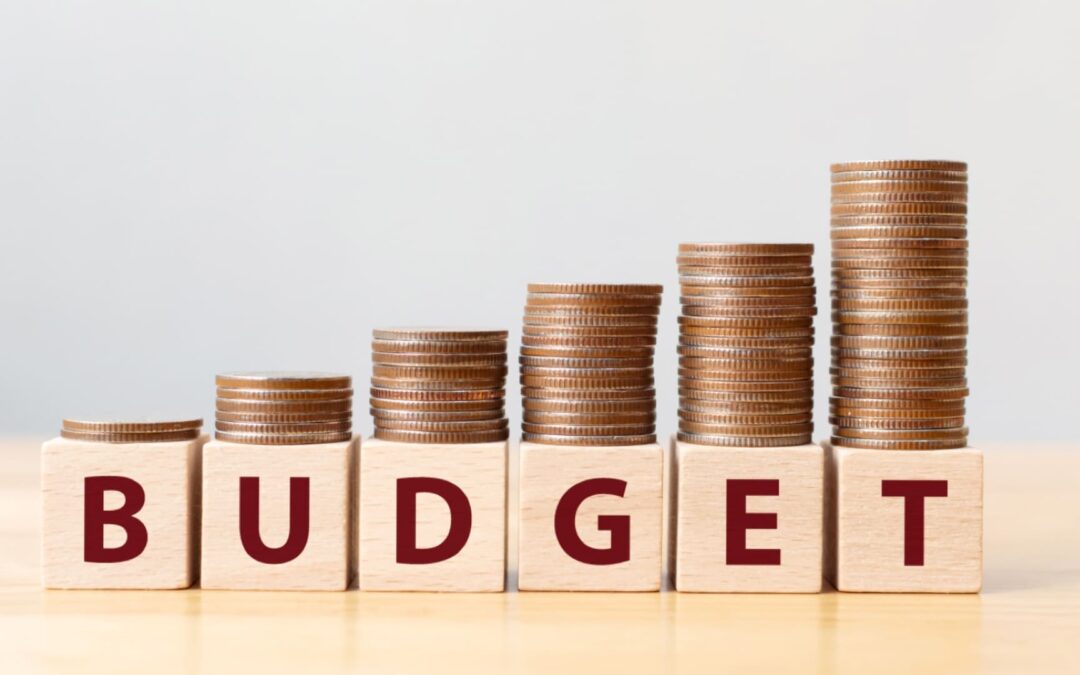Many people struggle to reach their financial goals due to lack of budgeting. Budgeting is a critical part of financial planning that can help you achieve your short-term and long-term money goals. Hence, it becomes absolutely necessary to create a budget to manage your money better.
In this article, we will discuss the steps to create a budget as well as how to make a plan that you can stick with over time. By following these steps closely and consistently monitoring your progress, you can put yourself in the best position possible for success in managing your finances.
If you are wondering the importance of the union budget, then check out our article here.
How to Create a budget?
Creating a budget is one of the biggest steps in the main components of personal finance. Here are the brief steps to creating the perfect budget to suit your finances:
Step 1: Identifying Goals
Start by identifying your goals and determining how much money you need to save or spend to reach them.
Identify your income sources, calculate your after-tax income, and estimate your monthly expenses such as rent, utilities, groceries, entertainment and transportation costs.
Step 2: Creating a strategy
Create a budgeting strategy that will help you stay in spending control.
Divide your spending into two categories: needs and wants, and track your expenses to ensure you are meeting the budget goal you have set.
Step 3: Setting goals
Set realistic goals that you can stick with over time.
This may include setting a goal to save 10 percent of your income each month or reducing your discretionary spending by 20 percent per month.
Step 4: Make Adjustments
Make adjustments to your budget as needed and keep track of your progress.
Make sure you are consistently monitoring how close you are to reaching your goals and adjust accordingly when necessary.
Step 5: Consistency
Stay motivated by surrounding yourself with people who share the same financial goals, reading personal finance books and using online resources for support.
Staying on Track and Being Consistent
After creating a budget, most people find it difficult to stay on track and be consistent in managing the budget and their finances. This is often the most important aspect of saving money We have provided you with strategies to help you.
Set Clear Goals
Establish clear, realistic goals that you feel you can realistically reach.
Think about the long-term goals you have and how much money you need to save or spend in order to reach them.
Track Your Spending
As you go through each month, keep a close eye on your expenses and compare them to the budget that you’ve outlined.
If needed, don’t be afraid to make changes in order to remain within your allotted funds!
Create Categories
Create distinct categories for the areas that you spend and save your money, then track those expenses accordingly.
This will help maintain a sound budgeting plan while allowing you an improved view of where your money is going.
Stay Accountable
Find ways to stay accountable to yourself, whether it’s using online resources or having a financial planner as a mentor.
Having people who understand the importance of budgeting can help you stay on track and reach your goals.
Why is it Important to Track your Progress?
Tracking progress is one of the most important steps when it comes to budgeting.
- Tracking your progress can help you stay on track and give you an idea of how close you are to reach your financial goals.
- Knowing where your money is going each month can also be used as a tool to identify areas that may need additional attention or adjustment.
- With consistent monitoring and a clear plan, you can increase your chances of successfully reaching your financial goals.
Conclusion
Creating and following a budget plan is an essential step to reach your financial goals. With the right strategy, you can set clear and realistic goals, track your progress and make adjustments when necessary.
By staying motivated, setting categories for spending and saving, tracking expenses consistently and staying accountable to yourself or others, you will be in the best position possible for success in managing your finances.
Developing a budget plan may seem intimidating at first but with some practice it can become second nature – resulting in increased savings over time!
So take those steps today towards achieving your money dreams by creating a budget that works for you.

